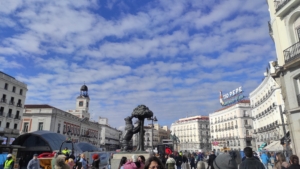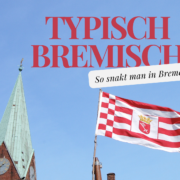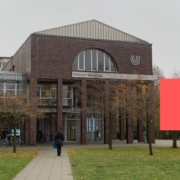The Erasmus experience (in Madrid)
I write this entry sitting at a chill tapas bar in Madrid. El Esquinazo is the preferred student meeting point, just a few steps from the University Carlos III of Madrid (UC3M). I guess every Uni has its own legend. Those places never appear on travel guides, nor in the information brochures for scholarship holders. They are rather discovered on the fly. Much of an Erasmus experience is like this, one wonders and deals with situations as they arise. However, some degree of planning is also necessary when embarking on a semester adventure. This is some of what I would have liked to know beforehand:
I spent a year in Madrid, taking courses from the Master’s Degree in Language and Literature at UC3M. Most of the seminars, of course, are offered in Spanish, but I also met people who had a successful stay only speaking English. So fear not, because in my experience people try hard to understand and help, even more when someone doesn’t speak the language.
Preparation
1. I recommend you dedicate at least six months to thoroughly search for the right study program and try to familiarize with the bureaucratic steps depending on your nationality and status. Start with enough time so you can do this slowly, with excitement and without any pressure. It’s nice to enjoy the journey from the very beginning. Then start with the actual process and the search for accommodation about three months before departure. And keep breathing, because it tends to get a bit stressful at times, but it’s worth it.
2. The international office will be your great ally, both at your home and host university. However, they will not answer every little question you have about life in the new city. For this, I recommend you make contact with a local, or with someone who has been living there for some time. Use, always with caution, the tandem and virtual international coffee options, or even the Bumble BFF or LinkedIn. Some universities offer a buddy program, use it to prepare your arrival.
3. A good option to find a room is the Idealista page/app. I found mine through Airbnb, but I don’t recommend it very much, because in general the prices are much higher. As far as posible, I recommend avoiding accommodation ads on Facebook, as many people have told me that they are unreliable and that they do not offer any security to the student. A room in Madrid (in a shared apartment) ranges between 300-500 euros per month. Most of my colleagues stayed in Getafe, a fairly quiet area, well connected, and less expensive than the city center. Choose a room with all services included.
4. To get around Madrid you can choose between the train (Renfe/Cercanías), subway or buses. Rates vary depending on the chosen transport and the area. What I recommend the most is to buy the monthly pass (Abono mensual de transporte), which is a card you purchase on one of the offices. It allows you to move around the city with any transport and unlimited trips, paying a fixed rate (very cheap if you are under 26 years old). It is also good to know that the city has all-night buses, since the train service stops at around midnight and the metro at around 1 am. Bicycles are not used much here.
The city
Madrid is a really open and vibrant city, with a nice weather. Being the capital, it is very international and you can find absolutely everything. The cost of living in Madrid seemed pretty similar to what I spend in Bremen, so my budget didn’t suffer much. The offer of cultural events is vast. The night life too. It is also a city with many facilities for students: discounts at the theater, cinema, etc. Tip: a must if you study in Madrid is to visit the triangle of art (Triángulo del Arte), whose three vertices are the Prado, Reina Sofía and Thyssen-Bornemisza Museums. Admission is free for the public after 6:00 p.m. (Prado) and 7:00 p.m. (Reina Sofía), and on Mondays (Thyssen-Bornemisza). In the Prado Museum, admission for students between 18 and 25 years old is always free.
So, have you already done an Erasmus or are you close to doing one? Would you consider Madrid as an option? Tell me in the comments and don’t hesitate to contact me if you have specific questions regarding the experience. Until next time!

Puerta del Sol, Madrid.










It’s good to keep the tips that you mention in mind, because I guess not everyone knows about the exchange opportunities between Bremen-Madrid and this might encourage more students to use them.
Thank you, Sandra. I hope so too!